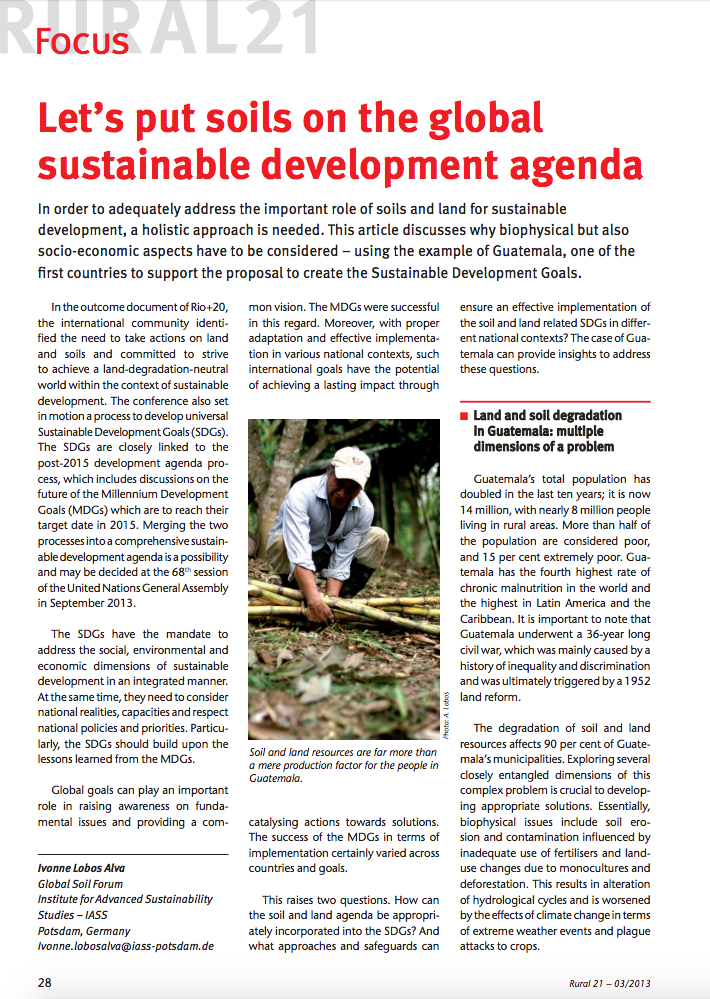Why the Green Revolution failed in sub-Saharan Africa
Crop yield improvement is dearly needed in sub-Saharan Africa, but remarkably, African farmers do not adopt the available ‘Green Revolution’ fertiliser technologies. This has many reasons, a crucial one being soil properties.




